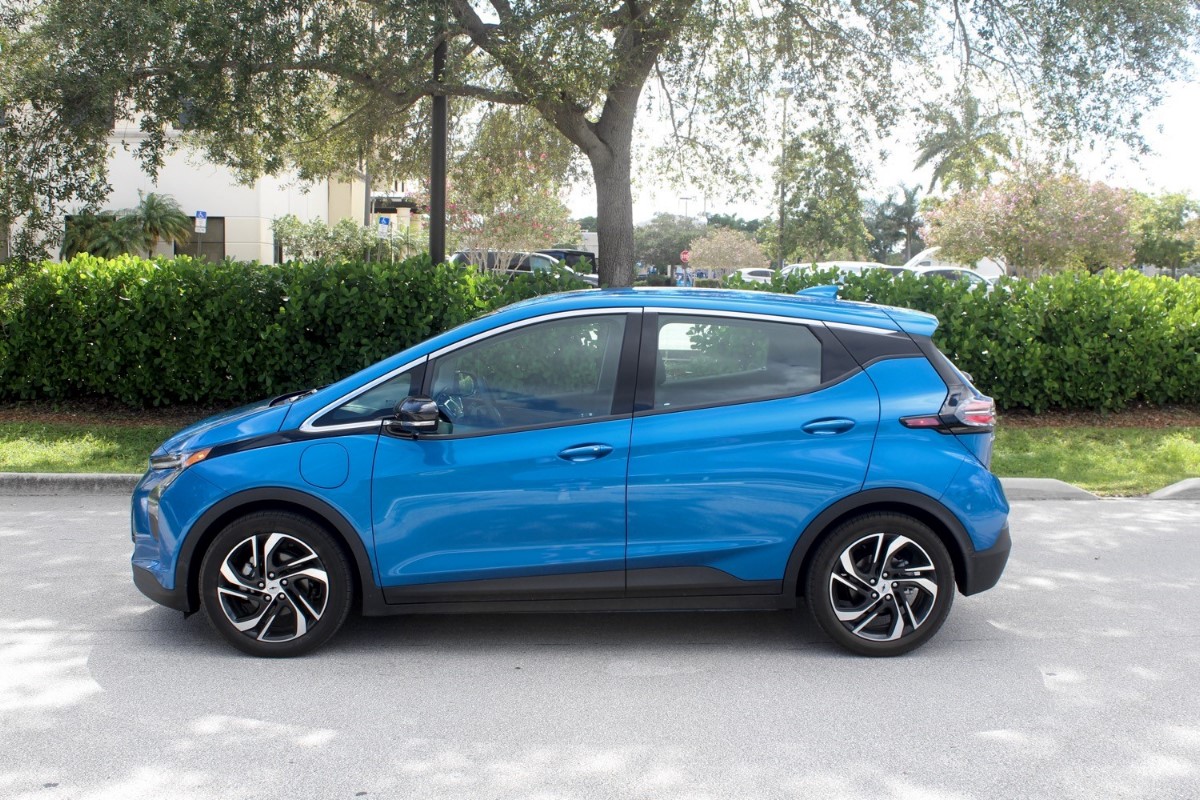Automotive: Chevy Bolt EV range drops 33% or more in the winter
This is about the Chevy Bolt EV but is typical for electric cars.
All-electric vehicles are a disaster when the weather turns cold as EVs lose significant range. The Chevy Bolt EV is no exception, as demonstrated in a recent study.
Per a report from Recurrent, the Chevy Bolt EV is “highly sensitive” to external temperature changes, with available range dropping significantly as the temperature falls.
Based on an analysis of more than 1,200 individual Chevy Bolts EVs, observed range at 20 to 30 degrees Fahrenheit will yield just 66 percent of the original EPA range estimate (259 miles), while observed range at 70 degrees Fahrenheit is 98 percent of the original EPA range estimate.
“We have reports from Alaska that the Bolt can lose half its range at -40 F, but thankfully most drivers won’t see those temperatures,” Recurrent states.
There are few reasons why electric vehicle range drops off in cold weather, including slower chemical and physical reactions in the battery, with cold temperatures inhibiting the chemical reactions needed to produce electricity. Additionally, EVs will consume onboard power to heat the cabin, as compared to internal combustion engines that will redirect wasted heat.
Some electric cars won’t charge at all if the battery is too cold. The battery must be warmed up first. Of course if the battery is drained you are shit out of luck.
The only solution in that case is to call the gasoline-powered tow truck and haul it away.
